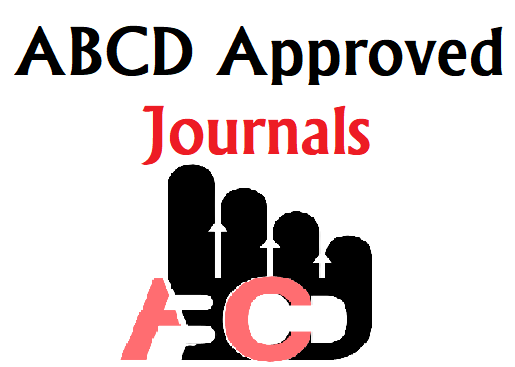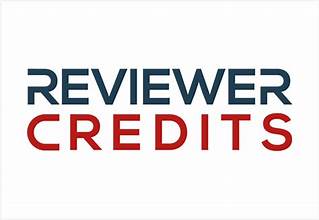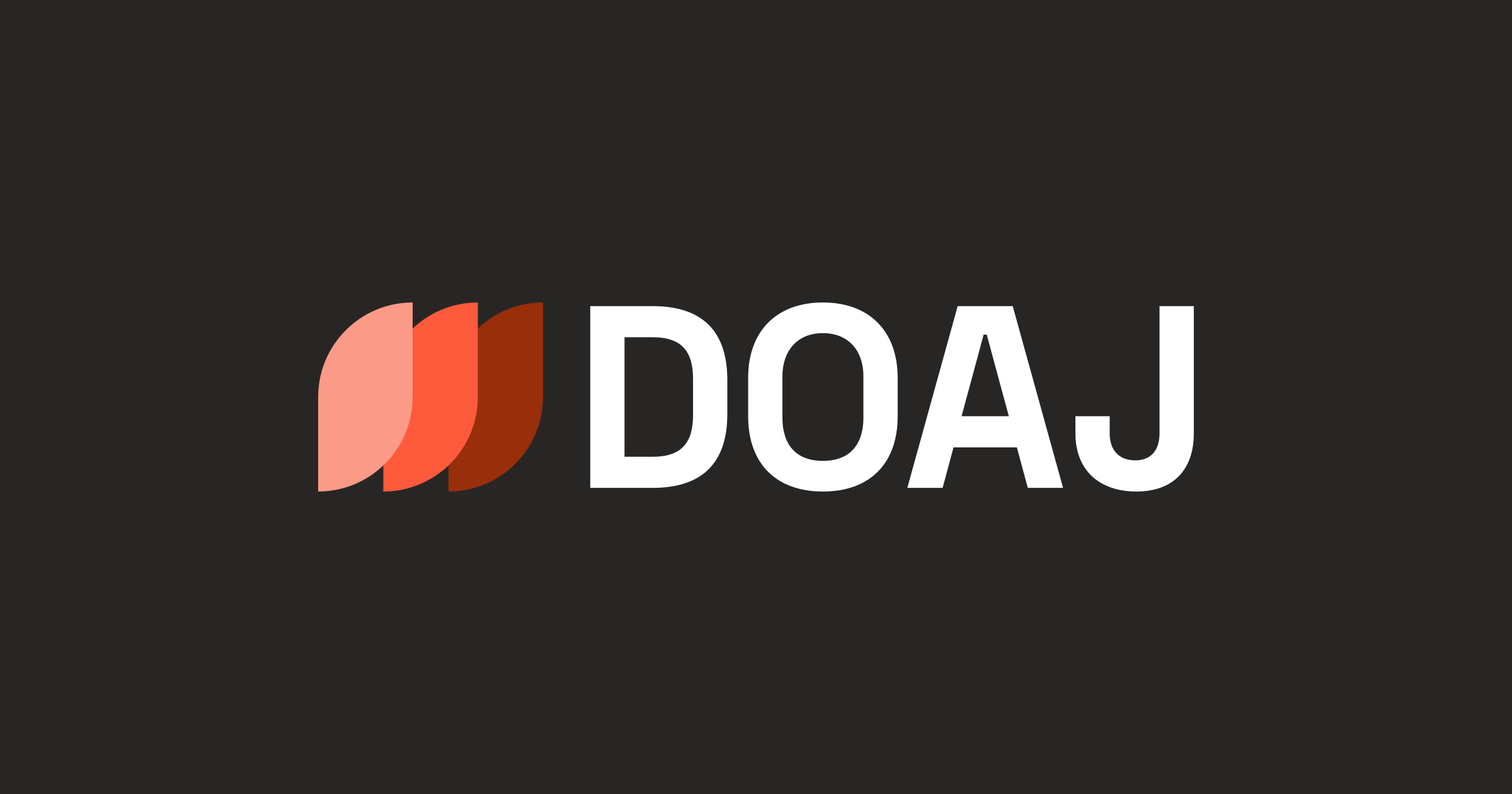About the Journal
- About
- Aims and Scope
- Copyright
- Open Access Policy
- Review Process
- Ethical considerations
- Conflicts of Interest
- Authorship
- Article Processing charge
- Editing
- Referencing
- Time Table
- Journal Metrics
- Indexing
Erbil Dental Journal
About
Aim and Scope
Erbil Dental Journal (EDJ) is published by the College of Dentistry, Hawler Medical University. EDJ is a peer-review, open access journal, which is published two times per year. EDJ aims to publish peer-reviewed manuscripts of Iraqi, regional and international interests. Submissions on basic sciences, clinical or laboratory investigations of relevance to dentistry come within the scope of its publications. Original articles, review articles, case reports, brief communications, insights and letters to the editor are all considered. For manuscript preparation please download the Author Guideline (or follow this link: https://edj.hmu.edu.krd/index.php/journal/information/authors and follow instructions.
Copyright
The copyright on any article published in EDJ is retained by the author(s) in agreement with the Creative Commons Attribution Non-Commercial ShareAlike License (CC BY-NC-SA 4.0). Author(s) need to
- Grant EDJ a license to publish the article
- Identify the journal as the original publisher.
- Author(s) can grant any third party the right to use the article freely providing that the third party ensures its integrity and the identification of its original authors, citation details and the journal.
You are free to:
- Share — copy and redistribute the material in any medium or format
- Adapt — remix, transform, and build upon the material
- The licensor cannot revoke these freedoms as long as you follow the license terms.
Under the following terms:
- Attribution — You must give appropriate credit , provide a link to the license, and indicate if changes were made . You may do so in any reasonable manner, but not in any way that suggests the licensor endorses you or your use.
- NonCommercial — You may not use the material for commercial purposes .
- ShareAlike — If you remix, transform, or build upon the material, you must distribute your contributions under the same license as the original.
- No additional restrictions — You may not apply legal terms or technological measures that legally restrict others from doing anything the license permits.
Open Access Policy
EDJ provides immediate open access to its content on the principle that making research freely available to the public supports a greater global exchange of knowledge. EDJ is an Open Access Journal. This means that all contents are freely available without charge to the user or his/her institution following the Budapest Open Access Initiative (BOAI) definition of open access. Users are allowed to read, download, copy, distribute, print, search, or link to the full texts of the articles in this journal without asking prior permission from the publisher or the author(s).
Review Process
The EDj journal applies double blind peer reviewing policy to all articles submitted for publication.
The editorial office of EDJ and the subject editors check each submitted manuscript for general quality, suitability and whether it conforms to the journal’s guidelines. Submissions that do not comply with the journal’s guidelines will be returned to the author for correction before being considered for publication. All manuscripts are checked by the editorial office for plagiarism using Plagiarism Checker X. If plagiarism is detected, the author(s) will be notified and requested to either rewrite the text or quote the text exactly and to cite the original source. If at least 15% of the original submission is plagiarized, EDJ has the right to reject the manuscript. If the manuscript found suitable and acceptable in principle, it will be sent out for double-blind review.
Reviewers treat the manuscript with the utmost confidentiality and required to declare any conflict of interests. Comments and suggestions from the reviewers will be conveyed to the authors. Revised manuscripts are subjected to further review by the original reviewers and the responsible subject editors. The final decision whether to accept or reject the submission lies within the Editor’s authority, in collaboration with the journal’s editorial board. The corresponding author will be advised of the final decision in a formal letter.
We advice reviewers to download and follow the EDJ guideline for reviewers.
Ethical Considerations
Erbil Dental Journal (EDJ)
Publication Ethics and Malpractice Statement
Publication Ethics Statement (Summary)
Erbil Dental Journal (EDJ) is dedicated to maintaining the highest standards of publication ethics, academic integrity, and transparency. The journal strictly follows the Committee on Publication Ethics (COPE) Core Practices and the Best Practice Guidelines for Journal Editors. All manuscripts submitted to EDJ undergo a fair and independent peer review. Any suspected cases of plagiarism, data falsification, or duplicate publication are investigated and addressed in line with COPE procedures. For full details, please refer to the Publication Ethics and Malpractice Statement below.
Publication Ethics and Malpractice Statement
Published by the College of Dentistry, Hawler Medical University, Erbil, Iraq. The Erbil Dental Journal is firmly committed to upholding ethical standards in all stages of the publication process. The journal follows the Committee on Publication Ethics (COPE) Core Practices and the Elsevier Best Practice Guidelines for Journal Editors. All participants in the publication process—authors, reviewers, editors, and the publisher—are expected to act with integrity, fairness, and transparency.
- Editorial Responsibilities
Fair Evaluation: Manuscripts are evaluated solely on academic merit, originality, and relevance to the journal’s scope, regardless of authors’ background, nationality, gender, or beliefs.
Confidentiality: Editors and staff treat all submissions and related information as strictly confidential.
Decision Making: Publication decisions are based on the manuscript’s scholarly quality and significance to the journal’s aims.
Conflicts of Interest: Editors must withdraw from handling any submission in which they have a competing interest or personal connection.
Handling Misconduct: The editorial board follows COPE flowcharts and procedures when ethical concerns or allegations of misconduct arise.
- Reviewers’ Responsibilities
Contribution to Quality: Reviewers support the editorial decision-making process and help authors improve their manuscripts through constructive feedback.
Confidentiality: All review materials must be treated as confidential and not shared or discussed with others.
Objectivity and Timeliness: Reviews should be fair, unbiased, and completed within the agreed timeframe.
Source Acknowledgment: Reviewers should identify uncited relevant work and report any suspected plagiarism or ethical irregularities.
Conflict of Interest: Reviewers must decline to review if any conflict could compromise objectivity.
- Authors’ Responsibilities
Originality and Integrity: Manuscripts must be original and not submitted elsewhere. Plagiarism,
data fabrication, falsification, or redundant publication are unacceptable.
Authorship: Authorship should include only those who made a significant contribution to the research conception, design, execution, or interpretation. All coauthors must approve the final version and agree to its submission.
Citation and Acknowledgment: Authors must properly cite all sources and acknowledge the work of others.
Ethical Approval: Research involving human or animal subjects must include a statement of ethical
approval from a recognized committee and comply with international standards (e.g., Declaration of Helsinki).
Conflicts of Interest: All financial or personal relationships that could influence the research must be disclosed.
Corrections: Authors should promptly notify the editor if a significant error is discovered after publication.
- Publisher’s Responsibilities
The College of Dentistry, Hawler Medical University, as the publisher of EDJ, ensures the highest ethical and professional standards by supporting the editorial team in handling ethical issues according to COPE guidance; ensuring long-term archiving and availability of published articles; and protecting editorial independence while promoting transparency in all operations.
- Misconduct and Plagiarism Policy
All submissions are screened using trusted plagiarism detection software. Any case of plagiarism, data manipulation, or duplicate publication will be investigated according to COPE guidelines.
Confirmed cases may result in rejection, retraction, or other corrective measures as appropriate.
- Retraction and Correction Policy
When significant errors or ethical violations are identified, EDJ issues corrections, retractions, or expressions of concern. Retraction notices are clearly labeled and linked to the original article to maintain the integrity of the scholarly record.
- Data Availability and Transparency
Authors are encouraged to ensure data transparency by retaining and providing their raw data upon request. Statements on data availability, funding, and author contributions may be required to enhance research transparency and reproducibility.
- Compliance with COPE
Erbil Dental Journal is a full adherent of the Committee on Publication Ethics (COPE) and follows its Core Practices and Code of Conduct for Journal Editors and Publishers. For more information, visit publicationethics.org.
9. Rsearchers from Hawler medical University (other institutes too if they have one) are requested to submit the certificate of ethical appoval along with the documents submitted to EDJ.
Conflicts of Interest
All conflicts of interests must be outlined in the manuscript. If the authors have no conflict of interests to report, this must be explicitly stated. The suggested wording in such an instance is: The author(s) report no conflict of interests.
Authorship
Authorship must be based on having substantial contributions to concept and design, acquisition of, analysis and interpretation of data, drafting the article or revising it critically, and final approval of the version to be published. All contributors who do not meet the criteria for authorship should be listed in an acknowledgments section at the end of the article. All authors must give their signed consent for publication in a pledge form, which should accompany the manuscript. Please download the Authorship guidelines and pledge form, read it carefully, fill the form and to be signed by all authors, then submit it.
Article Processing Charge
The processing charge in EDJ is 150000 Iraqi Dinars to be paid at the department of counting and finance in college of dentistry main building. Currently, online payment is not available
Editing
The editorial office edits the papers selected for publication for brevity, clarity, grammar, spelling, and style. When the editing is extensive, with the possibility of altered meaning, queries are sent to the corresponding author by email. A galley proof will be forwarded to the corresponding author before the publication of the accepted papers which must be returned to the journal’s office with specific comments if any. Corrections on the galley proof, in case any, must be limited to typographical errors, or missing contents only.
Referencing
The journal uses Vancouver style-references of referecning
Time Table
In EDJ, the duration from the date of submission to first decision as avarage is 10 working days. The article reviewing as avarage may take 40 working days . The duration from submission to publication as avarage may take 180 working days.
Journal Metrics
The EDJ is a biannual academic journal. Each issue contains approximately 10–20 articles, with around 40 articles published per volume. Each issue typically includes 1–4 case reports and at least one systematic review. The journal maintains a rejection rate of about 7%. The average time from submission to acceptance is approximately 45 days.
Indexing
The EDJ has a Depsit Number: 2863/2025 in National Library Baghdad. The journal is indexed and avialable in the follwoing indexing, archiving and repository systems DOAJ, ABCD, Crossref, ReviewersCredits and Index Medicus for the Eastern Mediterranean (WHO/EMRO: IMEMR), Open Alex, booksci.cn and Scilit systems











